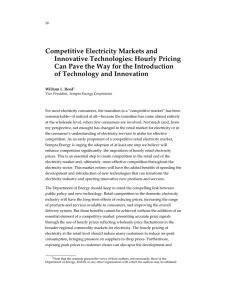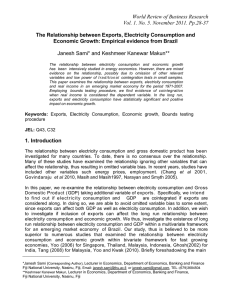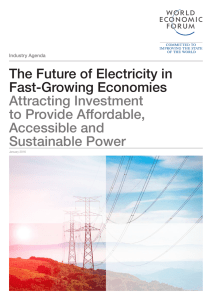Adithya Chintapanti (School of Law, University of Warwick) Regulatory Framework
advertisement
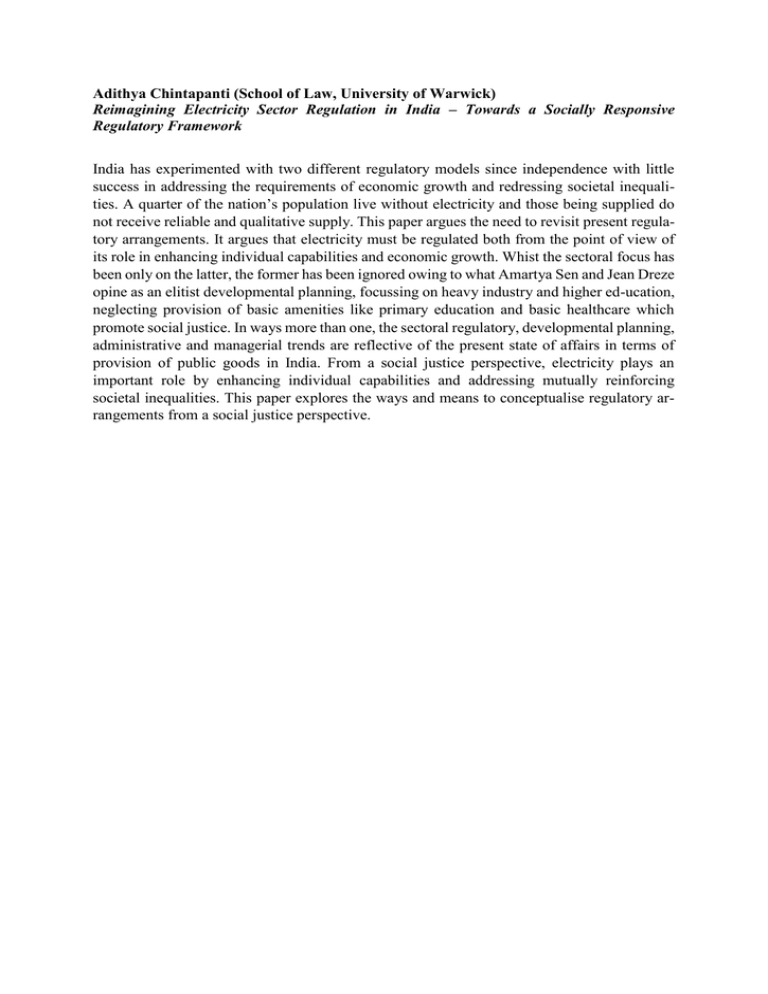
Adithya Chintapanti (School of Law, University of Warwick) Reimagining Electricity Sector Regulation in India – Towards a Socially Responsive Regulatory Framework India has experimented with two different regulatory models since independence with little success in addressing the requirements of economic growth and redressing societal inequalities. A quarter of the nation’s population live without electricity and those being supplied do not receive reliable and qualitative supply. This paper argues the need to revisit present regulatory arrangements. It argues that electricity must be regulated both from the point of view of its role in enhancing individual capabilities and economic growth. Whist the sectoral focus has been only on the latter, the former has been ignored owing to what Amartya Sen and Jean Dreze opine as an elitist developmental planning, focussing on heavy industry and higher ed-ucation, neglecting provision of basic amenities like primary education and basic healthcare which promote social justice. In ways more than one, the sectoral regulatory, developmental planning, administrative and managerial trends are reflective of the present state of affairs in terms of provision of public goods in India. From a social justice perspective, electricity plays an important role by enhancing individual capabilities and addressing mutually reinforcing societal inequalities. This paper explores the ways and means to conceptualise regulatory arrangements from a social justice perspective.



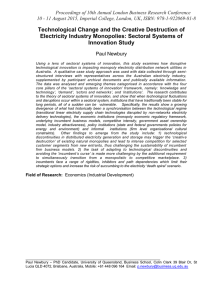


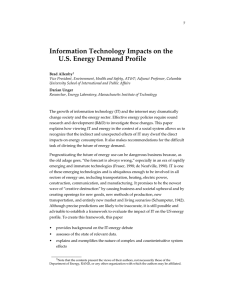
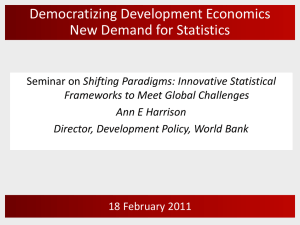
![GSM Based Electricity Theft Identification in Distribution Systems [1]Kalaivani.R](http://s2.studylib.net/store/data/012911243_1-83fa2c89382e1c856f216a5e15d2cd96-300x300.png)
